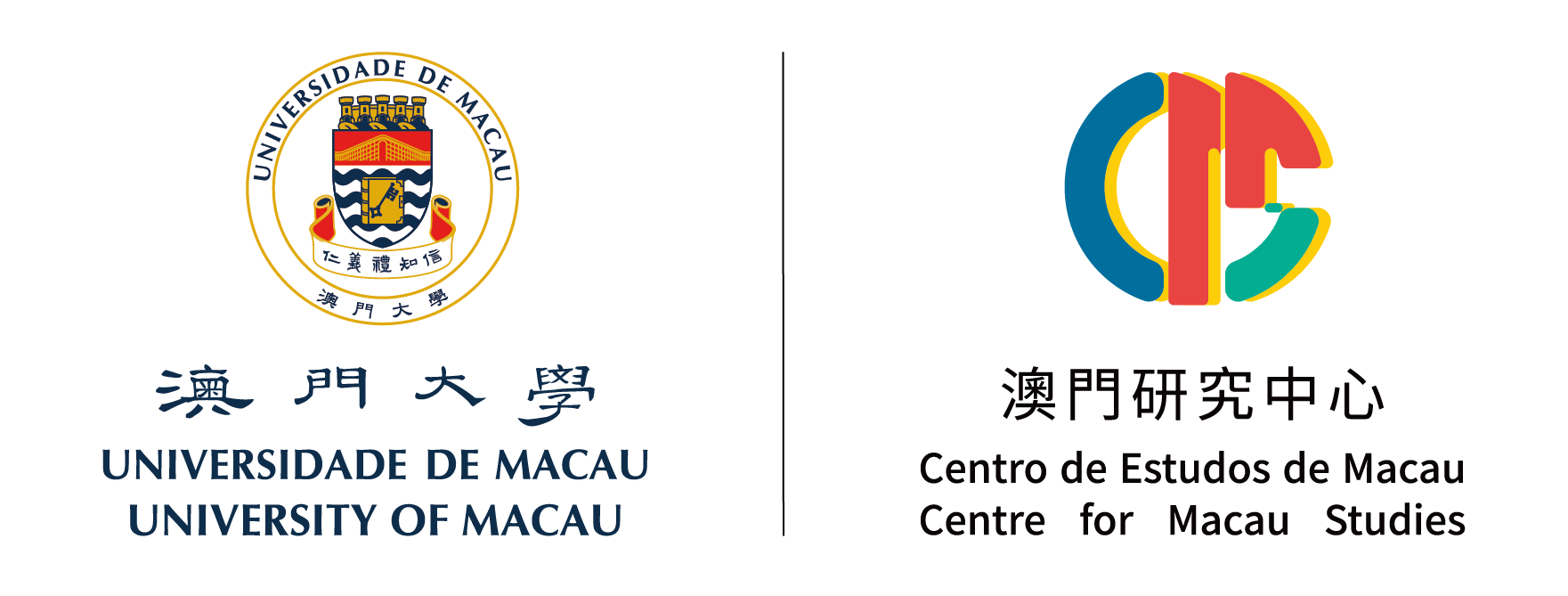
| 標題 Title |
澳門安老政策的嬗變——去家庭化的視角 The Evolution of Welfare Policies for the Elderly in Macao: The Perspective of Defamilisation |
|---|---|
| 作者 Author |
胡杰容 HU Jieron |
| 摘要 Abstract |
政府與家庭之間的關係是社會福利政策研究的重要視角︒政府在替代或補充家庭功能方面所發揮之作用的諸如大小與範圍的不同表現,是為去家庭化程度不同,本研究關注二十年來澳門安老政策變遷及其經濟和社會兩個維度的去家庭化狀況︒分別採用長者現金福利的覆蓋率和工資替代率︑社會照顧服務體系的覆蓋率來測量長者經濟保障和個人照顧的去家庭化程度︒結合澳門公開的統計數據,研究發現二十餘年間長者經濟保障的去家庭化方面有較大提升,促進了長者經濟獨立;而促進長者照顧的去家庭化水平相對有限,強調家庭照顧的基礎性作用︒澳門安老政策走向了適度去家庭化和積極家庭化相結合的道路,體現了家庭和政府之間的責任平衡和優勢互補︒
The relationship between government and family is an important perspective of social welfare policy research. The difference in the size and scope of the role the government plays in replacing or supplementing family functions is manifested in different degrees of de-familisation. This study focuses on the welfare policies for the elderly in Macao over the past two decades, especially defamilisation on the economic and social dimension. The coverage and wage replacement rate of cash benefits for the elderly and the coverage of social care services are used to measure the degree of defamilisation of the elderly’s economic security and personal care. Based on the statistics data in Macao, it is found that the de-familisation in the elderly’s economic security has been greatly improvedand increases their economic independence, but its level in elderly care is relatively limited, and the fundamental role of family care still is emphasized during the past 20 years. Macao’s elderly care policy has moved towards a mixed model which combines moderate degree of defamilisation in income maintenance and active family ties in elderly care, which reflects the balanced responsibilities and complementary advantages between the family and the government. |
| 關鍵詞 Keywords |
澳門,安老政策,家庭,政府,去家庭化 Macao, Welfare policies for the elderly, Defamilisation |
| 下載 Download |
Link |

